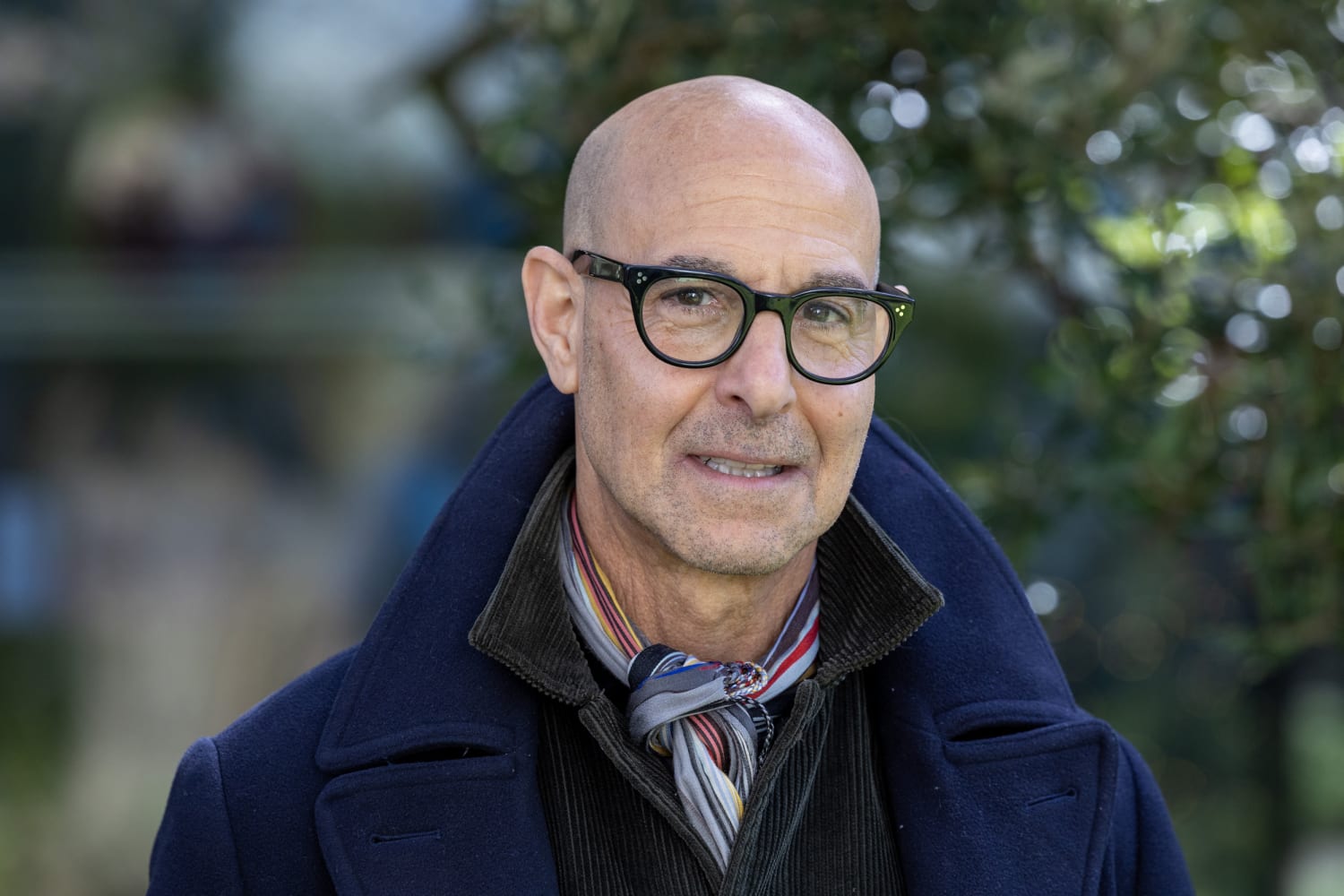Canada already has one of the most liberal assisted dying laws in the world, offering the practice to terminally and chronically ill Canadians.
But under a law set to come into force in March, assisted dying would also be accessible to people whose only medical condition is a mental illness, making Canada one of about a half-dozen countries that allow the procedure for that category of people. .
That move has divided Canadians, some of whom see it as a sign that the country’s public health care system does not provide adequate psychiatric care, is underfunded and in high demand.
Prime Minister Justin Trudeau’s government, which has been criticized for implementing the policy, has defended its actions by pointing to a 2019 court decision in Quebec that officials say requires the expansion.
Members of the Conservative Party have accused the government of promoting a “culture of death”. There has also been opposition from left-wing politicians who would like the government to focus its health policy on expanding mental health care.
Jason French is among those arguing for why a doctor should help you die.
With copies of a document outlining his troubled mental health history hidden in his backpack, he attended an event in Toronto to push for assisted dying to be available for people like him.
He has severe depression and has twice tried to take his life, he said.
“My goal from the beginning was to get better,” said Mr. French, of Toronto, who agreed to share his name but not his age because many people in his life don’t know about his illness. “Unfortunately, I resist all these treatments and the conclusion is that I cannot continue suffering. “I can’t continue living my life like this.”
But Dr. John Maher, a psychiatrist in Barrie, Ont., who specializes in treating complex cases that often take years to improve, said he was concerned that desperate patients would opt for assisted dying.
“I’m trying to keep my patients alive,” he said. “What does it mean for the role of the doctor, as a healer, as a bringer of hope, to offer death? And what does this mean in practice?
Canada’s current assisted dying law applies only to people who are terminally ill or living with physical disabilities or chronic, incurable illnesses. The country’s Supreme Court decriminalized assisted dying in 2015 and ruled that forcing Canadians to endure intolerable suffering infringes on fundamental rights to liberty and security.
About 13,200 Canadians had an assisted death last year, a 31 per cent increase from 2021, according to a report by the federal ministry of health. Of those, 463 people, or 3.5 percent, were not terminally ill but had other medical conditions. Approved patients have the option of ending their lives using lethal medications administered by a doctor or nurse, or by taking medications prescribed for them.
There is still uncertainty and debate over whether assisted dying will be available for the mentally ill early next year as planned. Amid concerns over how to implement it, Parliament has delayed its implementation for the past three years and could delay it again.
Clinical guidelines were released last March to address those concerns, but some people involved in providing mental health care say they fall short.
The proposed change to include the mentally ill has been particularly divisive among some psychiatrists; Dr. Maher and others say it confounds their efforts to prevent suicide.
But supporters say denying people with mental illness access to the same humane option to end their suffering amounts to discrimination.
“I have very deep empathy for patients who are deeply suffering,” said Dr. Alexandra McPherson, a professor of psychiatry at the University of Alberta and a provider of assisted dying services. She said she treats a small number of patients “with serious disabling mental health disorders who suffer just as much as the patients I see in cancer treatment.”
Lisa Marr, a former paramedic diagnosed with post-traumatic stress disorder who lives in Nova Scotia, said she was desperate to take advantage of the new law. She has bipolar disorder, depression and picking disorder, or skin picking, due to anxiety and, by her estimate, she has made 15 attempts on her life, but “I always managed to get through it.”
“I think the only reason I haven’t done it yet is because I’m waiting for this decision in March,” he added.
Canada amended its penal code to legalize assisted dying for the terminally ill in 2016, and in 2021, in response to the Quebec court ruling, the country relaxed the law to add other seriously ill people experiencing “serious and irremediable” conditions.
Eligible patients must wait 90 days before receiving assisted dying and be approved based on evaluations by two independent doctors. One of the evaluators must be a specialist in the patient’s disease or have consulted with a specialist.
An expert panel and a special parliamentary committee have worked to address the concerns of the public and the medical community, establishing practice standards and advising doctors and regulators.
The government has also funded the development of a training program for doctors and nurses evaluating patients for assisted dying.
“The work is already done,” Dr. Mona Gupta, chair of a government-appointed expert panel, a psychiatrist and bioethics researcher at the University of Montreal, told a special parliamentary committee in November. “We are ready.”
Anyone in Canada seeking an assisted death should be considered by the doctors or nurse practitioners who evaluate them to be neither impulsive nor suicidal, and those suffering from mental illness should be evaluated to demonstrate that their condition is “irremediable.”
But even some psychiatrists worry that they can’t always determine whether someone seeking an assisted death might actually get better or not.
“The research we have shows that psychiatrists are no better at identifying who is not going to get better,” said Dr. Maher, an Ontario psychiatrist. “The challenge for us is that it is not a short-term process. “When people have been sick for years, healing takes years.”
The Center for Addiction and Mental Health, Canada’s largest teaching hospital for psychiatric care and research, has said doctors need more guidance to help them assess who is acutely suicidal or capable of making a rational decision to end with their lives.
“We have been clear that we are concerned about expansion at this time,” said Dr. Sanjeev Sockalingam, medical director of the center, which has convened several professional groups to help doctors prepare for March.
Mrs Marr, the paramedic, said the wait for the law to come into force has been exhausting. He takes eight psychiatric drugs a day. “All the medications I take are barely keeping me together,” said Marr, who is on disability leave and spends most days in her room, leaving the house only for therapy.
His father had an assisted death after being diagnosed with prostate cancer and his mother died shortly after, all while she juggled her job as a paramedic.
“Then my mental health started to show its ugly face,” he said.
Uncertainty over whether the mentally ill would be allowed assisted dying motivated Mr. French to leave his home after work, something his depression rarely allows, to attend a screening of a documentary funded by Dying With Dignity. , a charity that promotes assisted dying.
He brought several copies of a five-page document he created explaining his case, hoping to give it to the medical experts at the evaluation.
Death does not scare him.
“My biggest fear is surviving,” he said.
He said he is not suicidal. But she added: “I don’t want to have to die terrified and alone and have someone find me somewhere. I want to do it with a doctor. “I want to die in a few minutes, in peace.”
Both Canada and the United States have a three-digit suicide crisis hotline: 988. If you are having suicidal thoughts, call or text 988 and visit 988.ca (Canada) or 988lifeline.org (United States) for a list of additional resources. This service offers bilingual crisis support in each country, 24 hours a day, seven days a week.
Audio produced by sara diamond.



